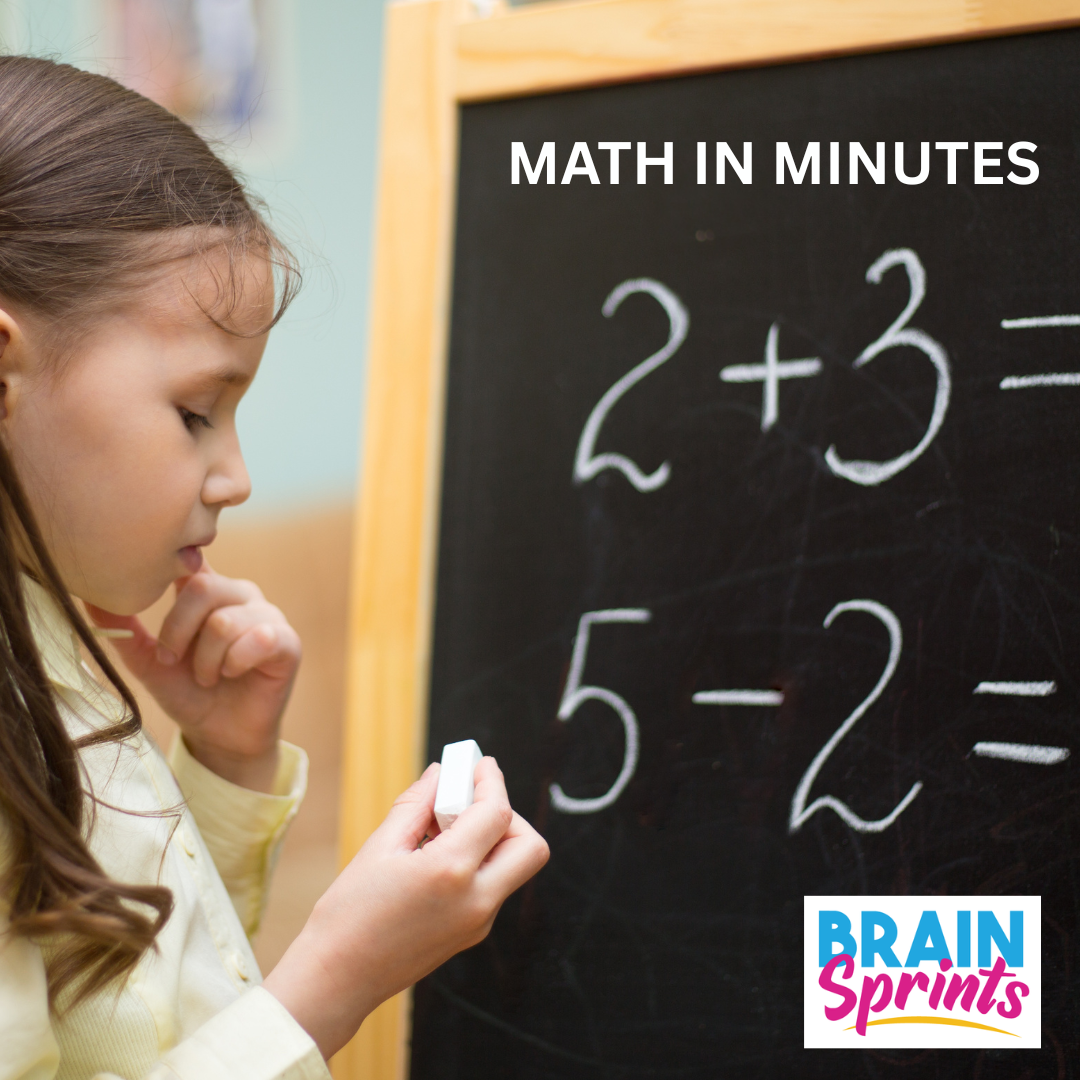ADD/ADHD and CAPD: The Root Causes
Have you ever wondered why so many American children have symptoms associated with labels like, ADD, ADHD or Central Auditory Processing Disorder (CAPD)? Parents are puzzled why these symptoms are evident and so pervasive in their children.
* unable to follow directions
* minimal ability to stay on task
* very highly distracted most of the time
* minimal understanding of consequences and the big picture when in a situation
* notable immaturity in social circumstances
* poor reading comprehension
* inability to use a phonics approach when learning
when learning to read
* and more symptoms than these
The Mystery Can be Solved from Within
The NeuroDevelopmental Approach says, “let’s solve that mystery by finding the root cause of the symptoms.” These struggles are the cause of many challenges in school and often produce labels resulting in medication. In other words, “We say NO to labels and YES to hope!” If you change the brain at the root cause, the symptoms can be eliminated. After all symptomatic labels, are the labels of ADD, ADHD and CAPD, and many other learning disabilities . If there are enough check marks on the list of symptoms, then the person is given a corresponding label. The bottom line for us in the NeuroDevelopmental Approach to Life field is that each symptom is caused by something in the brain and its connections. The good news is that the brain has plasticity, which means it can change and grow even when there are current struggles.
An Explanation For Auditory Processing Deficits
Many years ago when our educational system was developed, we were an auditory society. We ate together as a family 2-3 times a day and TALKED. In contrast, we often eat on the run while the videos are flowing through the backseats of our cars. In the past, we read as a family in the evenings or listened to radio broadcasts for hours. We were an auditory society, and we developed our auditory sequential processing ability by the practice of intense, frequent listening. In more recent times, we have transitioned to a more visual society.
Auditory Sequential Processing Explained
Auditory Sequential Processing is the ability to hold pieces of information together in the order that it is communicated. An example would be being able to accurately retell a story that you have just heard in the correct order of events. A good auditory processing ability is vital to reading comprehension as well as the ability to hold all the phonograms together to read words with a phonics approach. It is also important to picking up social cues, following directions and staying on task. All these skills are needed to reach our full potential in school and in life. Good processing is necessary to avoid many of the symptoms previously mentioned in this post that cause us to suspect or label individuals. For a more in-depth look at auditory processing, listen to the Brain Coach Tip










